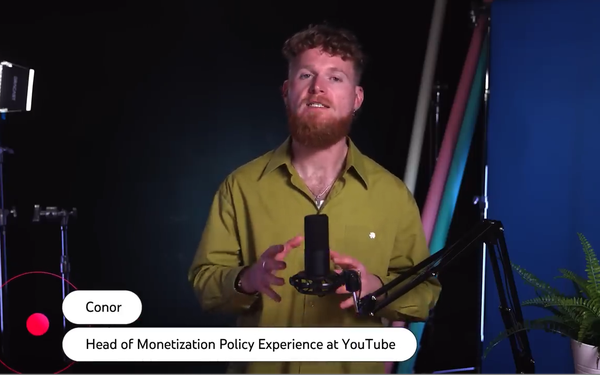
YouTube has changed its ad
revenue policies regarding the use of profanity in the beginning of a video, allowing creators more freedom to swear -- and to monetize their content.
“Use of stronger profanity (e.g. f*ck) in the first 7 seconds of content can now be eligible to earn ad
revenue,” YouTube writes in a recent ad guideline update, adding that it has also applied the same allowances to its gaming sector.
Previously, videos
using any profanity in the first 8-15 seconds were only eligible for limited ad revenue, which angered YouTube creators.
In response to a widespread creator backlash, the company updated its
policies in March 2023, slightly easing restrictions on profanity at the front of videos.
advertisement
advertisement
However, creators found the new rules set two years ago to be
vague, with YouTube failing to specify which ads creators who swore would be eligible for, and which ads they would not be able to monetize.
Despite the changes, however, some policies
remained the same, including the monetizable use of swearing in background music, backing tracks, and intro or outro music.
In a recent video, YouTube’s Head
of Monetization Policy Experience, Conor Kavanagh, explains that YouTube’s initial decision to demonetize videos using profanity was made to “align with broadcast
standards.”
“Advertisers expected ads on YouTube to have distance between profanity and the ad that just served,” Kavanagh says, adding
that “those expectations have changed, and advertisers already have the ability to target content to their desired level of profanity.”
While the
most recent update promises full monetization for strong profanity in the first seven seconds of a video, it is worth noting that videos with a “high frequency” of strong profanity remain
in violation of YouTube’s content guidelines.
“You have to pick and choose your fucks
carefully,” Kavanagh says.